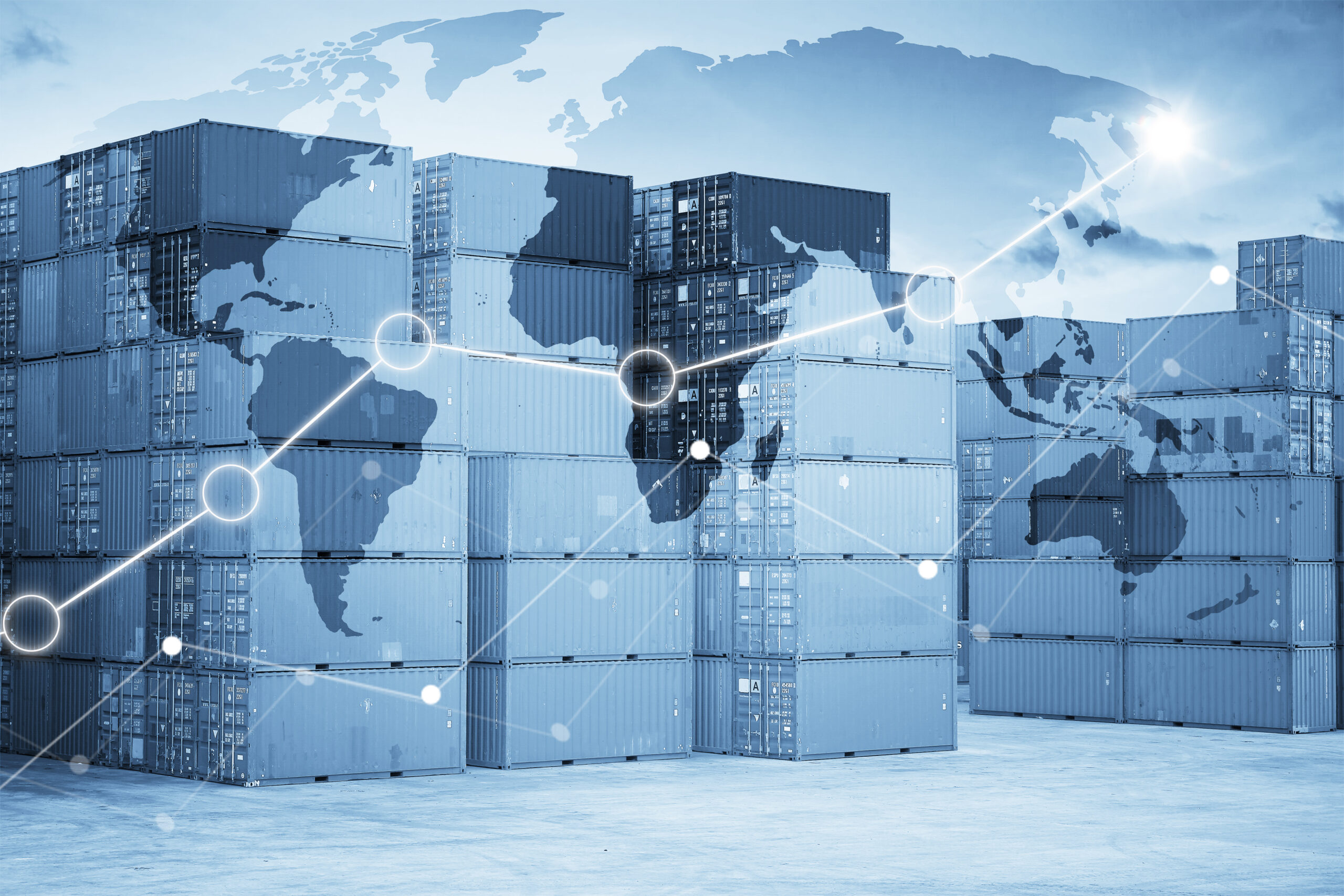Improving relationships with trade partners
The way we access and share information has dramatically transformed over the past few years. This rapid digitalisation has led to heightened globalisation, as businesses now rely more than ever on trading and supply chain networks from around the world.
Although this trend has enabled more innovation and given both consumers and businesses access to increased information and goods, it also has led to even more complex logistics and trade relationships. In such a highly competitive and newly digital landscape, organisations need the tools to maintain secure, confidential communications while still accessing and sharing information virtually and in real-time. The utilisation of cloud-enabled technologies will prove essential in achieving this.
By applying digital transformation across the supply chain, leaders will reduce complexity and uncertainty, allowing for heightened transparency and stronger trade relationships.
Seamless data flow
The data silos that supply chains create limit visibility into component availability and cost. This lack of information and data sharing not only create challenges for trade partners during standard operations, but it will also make it more difficult to recover from the hard impact of COVID-19.
By creating collaborative systems that support digital interconnected networks, these data silos can be addressed. Businesses can receive and share automatic, real-time updates on the latest inbound shipment inspection and quality levels.
As the first step to achieving these systems, businesses are beginning to replace traditional document sharing with electronic data interchange. The instant exchange of documents over virtual networks not only reduces the potential for human-error, but streamlined communications results in higher productivity and stronger relationships.
With operations spread across countries and relying on digital workforces, the ability to monitor the supply chain in real-time is more essential than ever.
More proactive planning
While many companies sufficiently manage their internal information and data, they lack visibility into the environments of partners across their supply chains. This makes it difficult to share demand forecasts and communicate changes, resulting in inefficiencies across departments.
Cloud-based technologies will need to be deployed to achieve proactive communications and more accurate planning capabilities.
A crucial aspect of modernising the supply network is to enable a more holistic view of operations, including internal and external processes. As Supply Chain Digital explains, this forward-looking capability is both predictive and proactive, helping organisations anticipate issues and opportunities while also generating ways to respond to them.
By utilising the cloud for demand forecasting, leaders can more accurately monitor and account for risks as well as potential disruptions to operations. This means being able to adjust issues such as production capacity and material availability to match fluctuating demand before it occurs.
Heightened trade complexities
While the global supply chain continued to show signs of growth at the beginning of 2020, COVID-19 halted all processes.
Multinational companies not only faced numerous supply and demand shocks, but following mandated lockdowns, organisations who lacked the digital infrastructure to support remote processes were entirely disrupted.
Although the world and economy is beginning to show signs of healing, the last impact of the pandemic is beginning to emerge. The World Economic Forum highlights two economic side effects the events of the past year have begun to create. Now, it takes trade partners longer to settle an invoice, reversing the effect digitalisation had previously had on such processes. Additionally, supply and demand volume are still not stable, meaning that businesses will need to be able to more accurately predict sourcing and logistics needs, as a reactive response won’t be fast enough.
Despite rapid advances in technology, the relationship between buyers and suppliers remains predominantly paper-based. Diverse sourcing and improved communications through digitisation will be the key to building stronger, smarter supply chains and ensuring a lasting recovery period.
Improving data and trade management
Businesses and supply chain leaders are beginning to understand that improved trade relationships require faster digitisation. To achieve this and remain competitive, organisations must create, deploy and monitor a cloud-based system.
However, many lack the infrastructure or resources required to not only build and maintain such a structure, but to also integrate it across all of their existing processes and partnerships.
BSM Global offers scalable solutions that are used by multinational organisations, large companies, small and medium-sized enterprises, and sole traders. By deploying our solutions, your company will be able to optimise its global trade and system processes, overcoming many of the highly disruptive business challenges that are starting to emerge.
From simplifying the digital exchange of critical document data between your partners to managing complex regulatory certificates and compliance records, the cloud offers a wide array of solutions for even the most complex processes within the industry.
If you are interested in discovering new ways to optimise your organisation’s own supply chain or have additional questions on the application of cloud-based technologies, contact us today.

